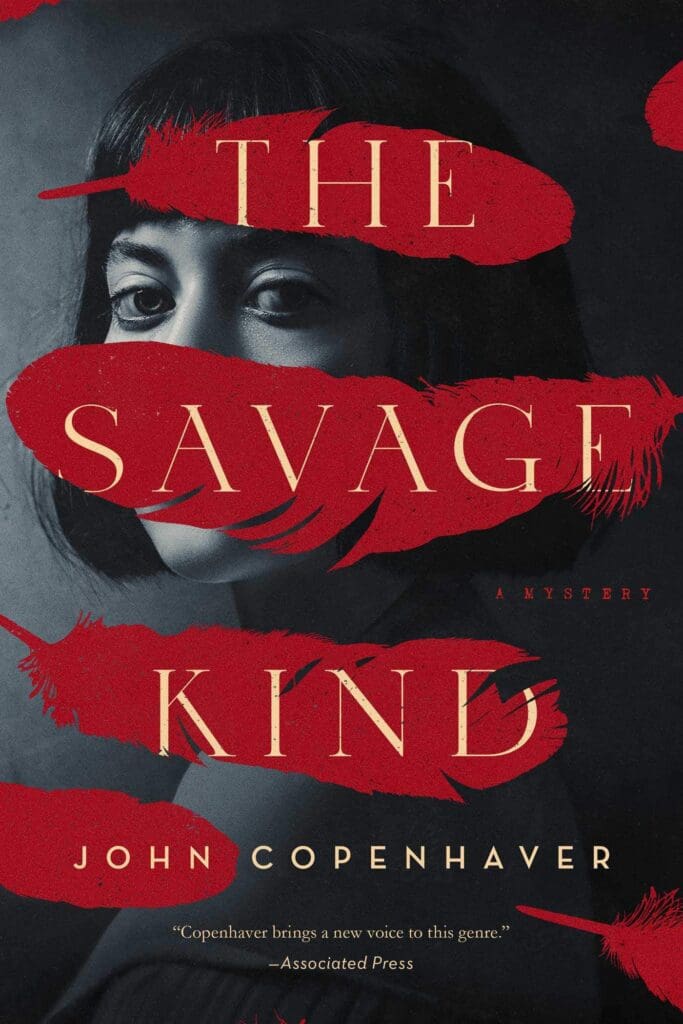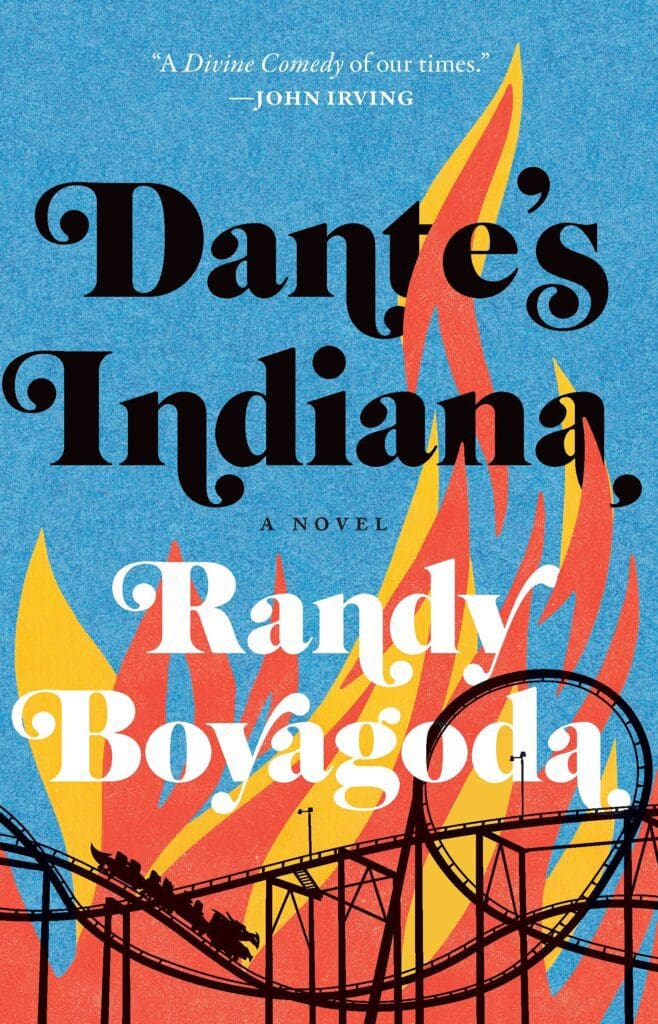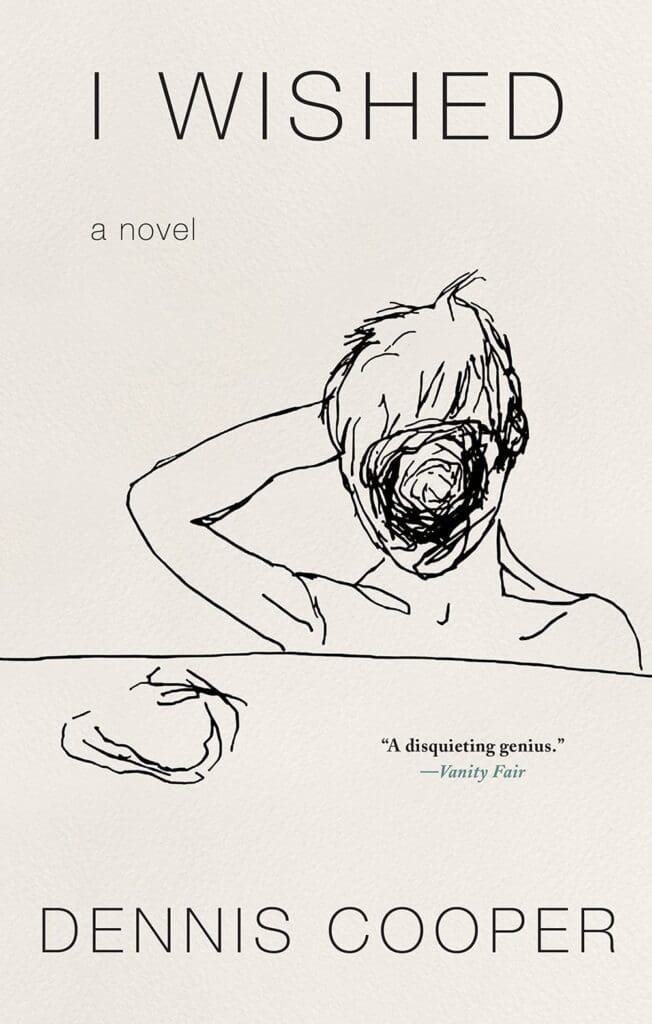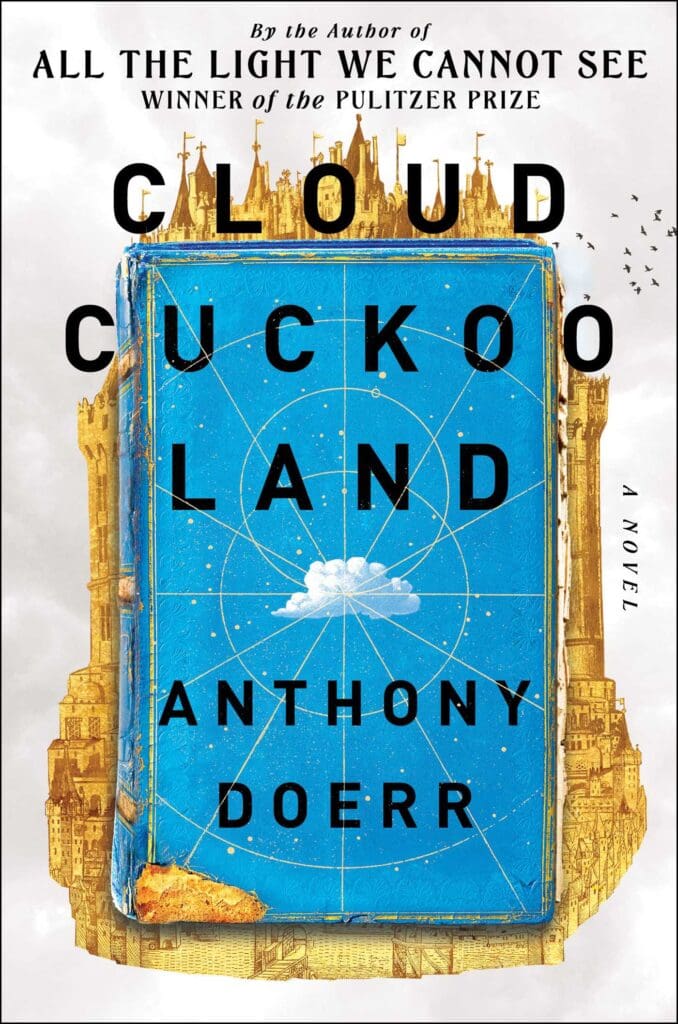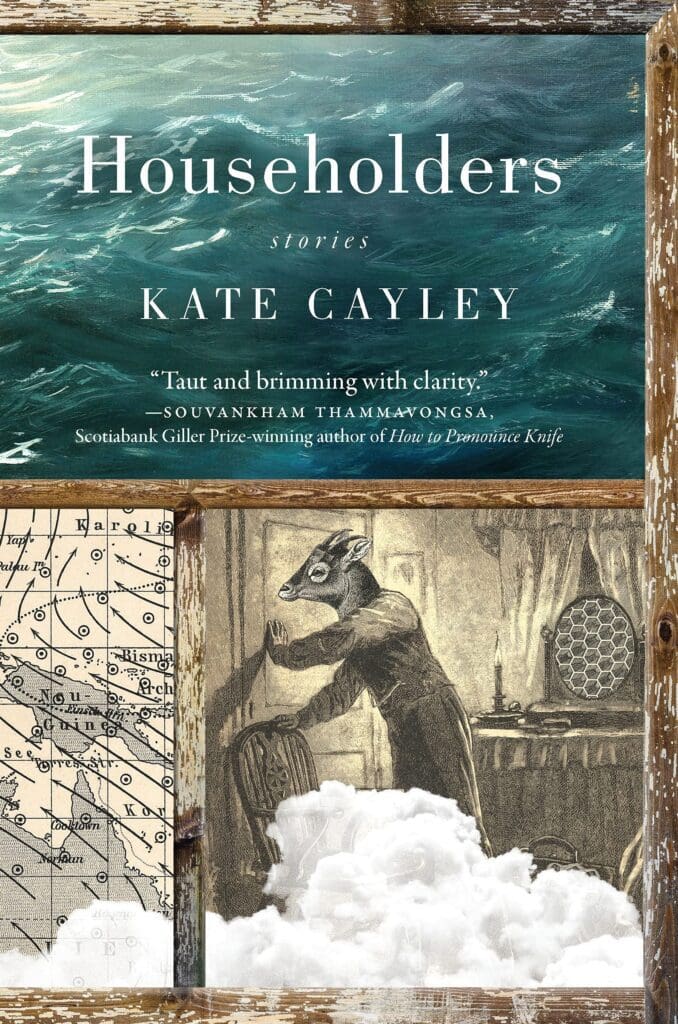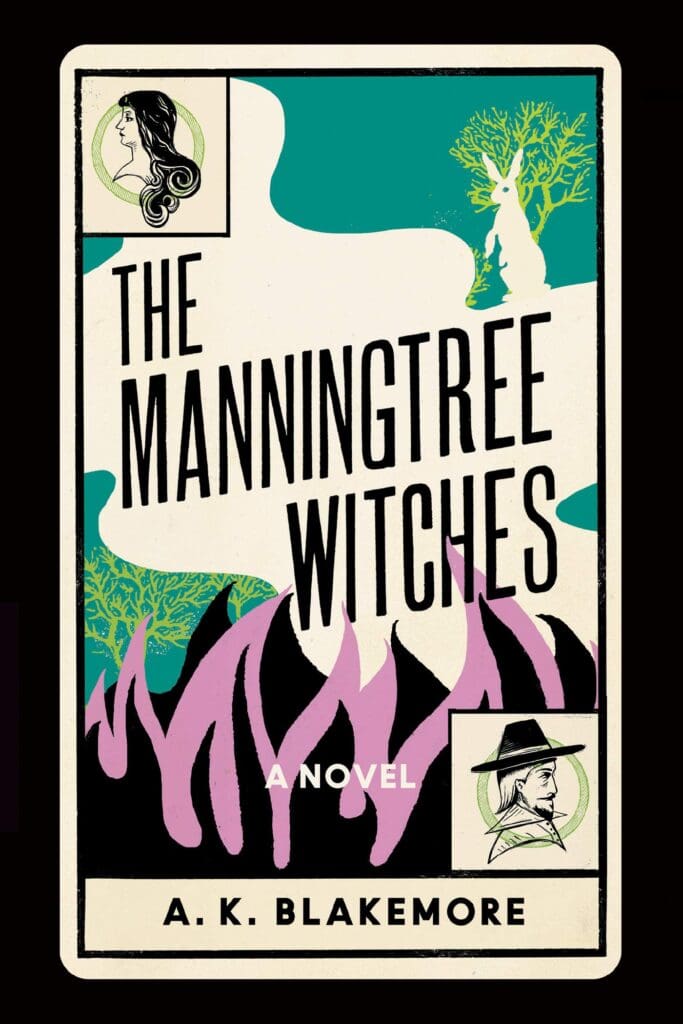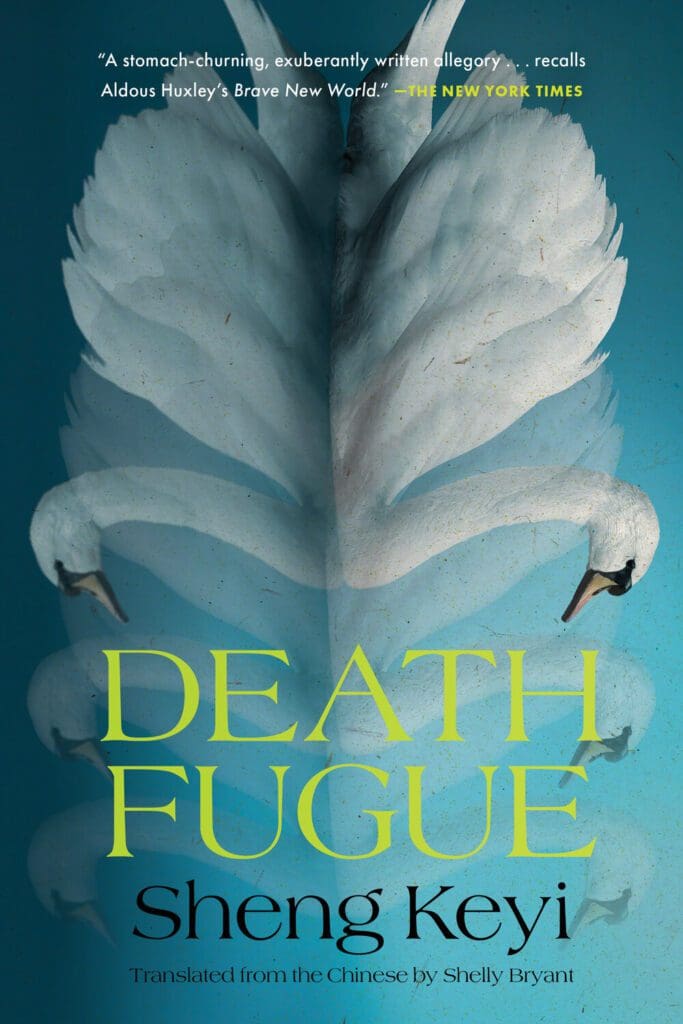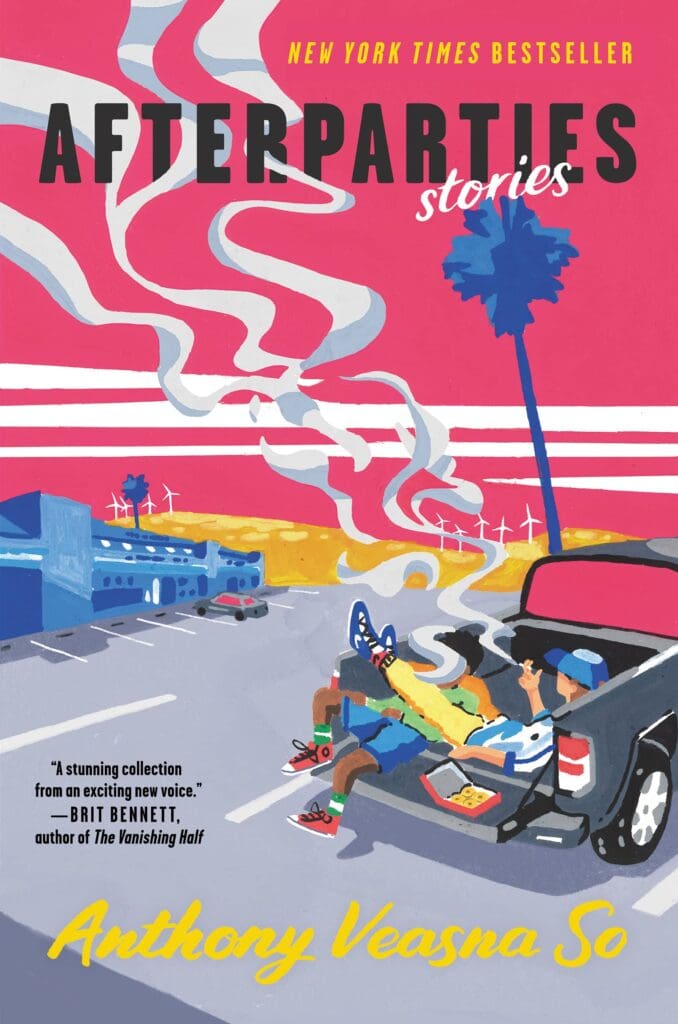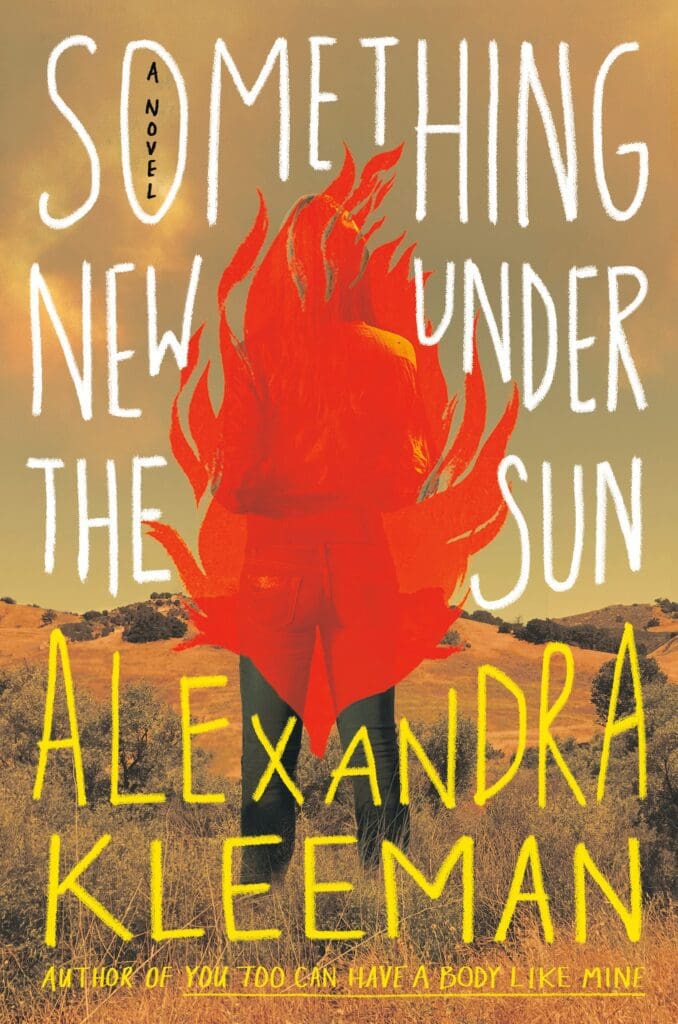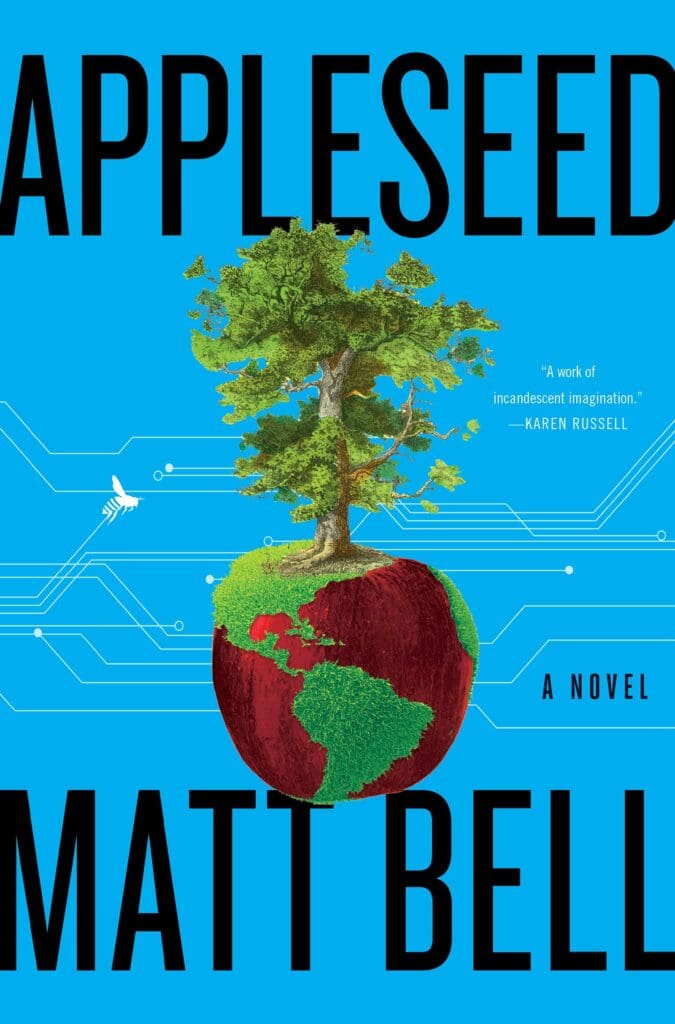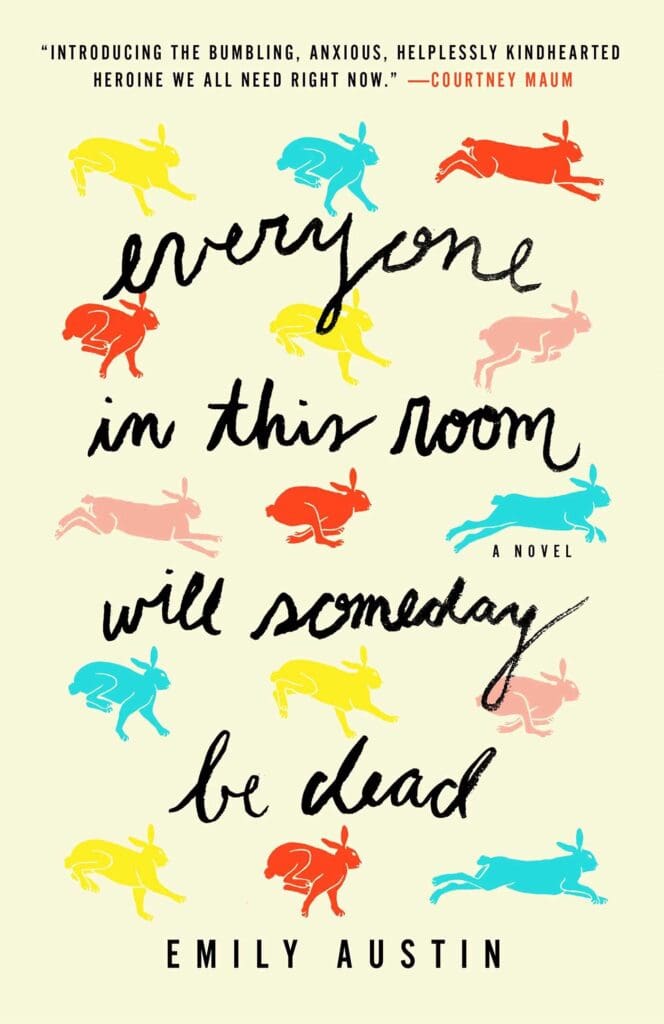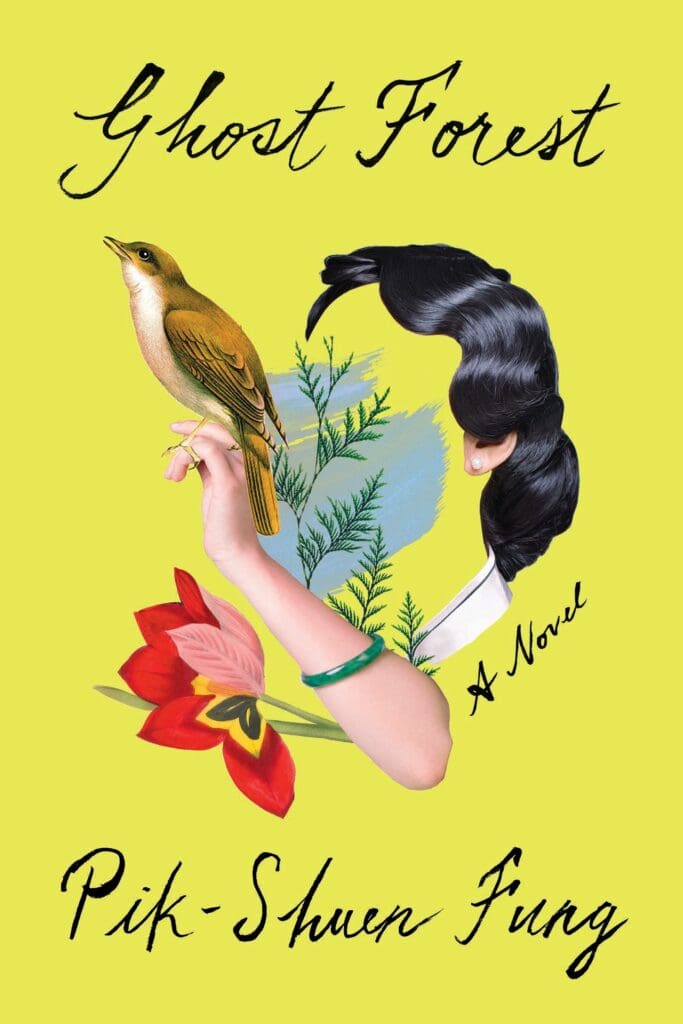The femme fatale of classic detective fiction and noir films rarely offers a kind portrayal of women. Mysterious and alluring, she commits all sorts of devious and despicable acts for her own gain, and the narrative invariably punishes her in the end. As misogynistic as this archetype is, the concept of a woman who seeks independence and agency through lethal means is certainly an intriguing one. It is easy to understand why John Copenhaver chose to reimagine the femme fatale in his coming-of-age mystery novel The Savage Kind (384 pages; Pegasus Crime). This dark, captivating novel follows two teenage girls […]
‘The Savage Kind’ by John Copenhaver: Seeking Agency By Any Means Possible
by Supriya Saxena
